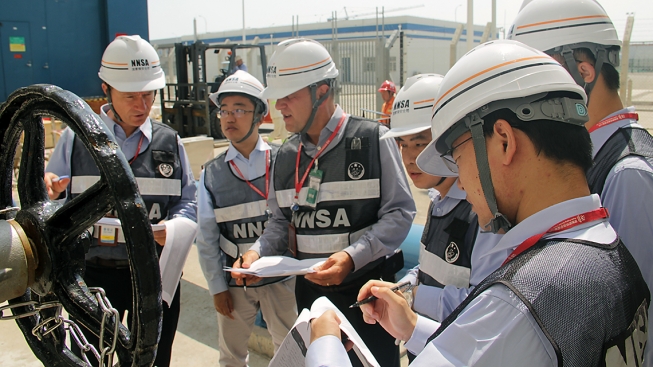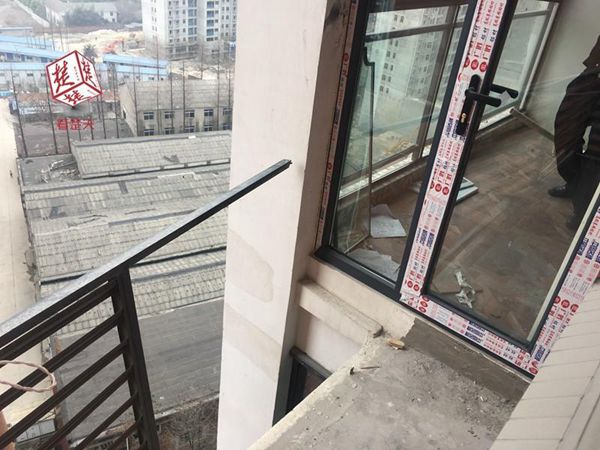Boost set for economic, social goals
China will “stabilize and improve its macroeconomic policies” and deepen reforms to achieve its economic and social development goals this year, according to a statement released after a key meeting on Tuesday.
The nation will continue to adopt proactive fiscal policy and prudent monetary policy, according to the meeting of the Political Bureau of the Communist Party of China Central Committee, which was presided over by Xi Jinping, general secretary of the CPC Central Committee.
Coordination of industrial, regional, investment, consumption, price, land and environmental protection policies will be strengthened, and reforms in key fields will be deepened to achieve better results, the meeting decided. Innovation will be promoted to help improve the efficiency of the economy and release domestic growth potential, participants agreed.
The meeting highlighted the significance of 2017, since the 19th CPC National Congress will convene later in the year.
Acknowledging that China has scored a strong start for the 13th Five Year Plan (2016-20) period, the meeting called for further efforts to balance multiple economic tasks this year, including stabilizing growth, advancing reforms, pushing restructuring, improving people’s livelihoods and preventing risks.
The meeting was held ahead of the two sessions-the annual meetings of the country’s top legislature and the top political advisory body that will be held in early March.
Supply-side structural reform will be further pushed and people’s livelihoods should be improved, the meeting statement said.
The meeting also decided that China will push the supply-side reform of agriculture to ensure healthy growth and increased income for farmers.
Tuesday’s meeting also decided that the government should improve governance to “better serve the people”.
According to the statement, 247 Party organizations have been inspected by teams sent from the CPC Central Commission for Discipline Inspection, the Party’s top anti-graft agency, since the inspection effort was launched in 2013.
The inspections, with a focus on sticking to the Party’s leadership, have functioned as a “political microscope” and a “political searchlight”, under which supervision of following the Party’s rules has been enhanced, said the statement.
On Tuesday, the CCDI disclosed information on its recent 11th round of inspections of Party and government agencies, institutes, associations and news media, such as the Supreme People’s Court, the Party School of the Central Committee of the CPC and China Central Television.
“The meeting highlighted the most important tasks for China this year,” said Liang Haiming, chief economist of the China Silk Road iValley Research Institute. “It highlights reform, innovation and people’s livelihoods.”
It is a must for China to further carry out reforms because the international situation has changed rapidly, Liang said.



